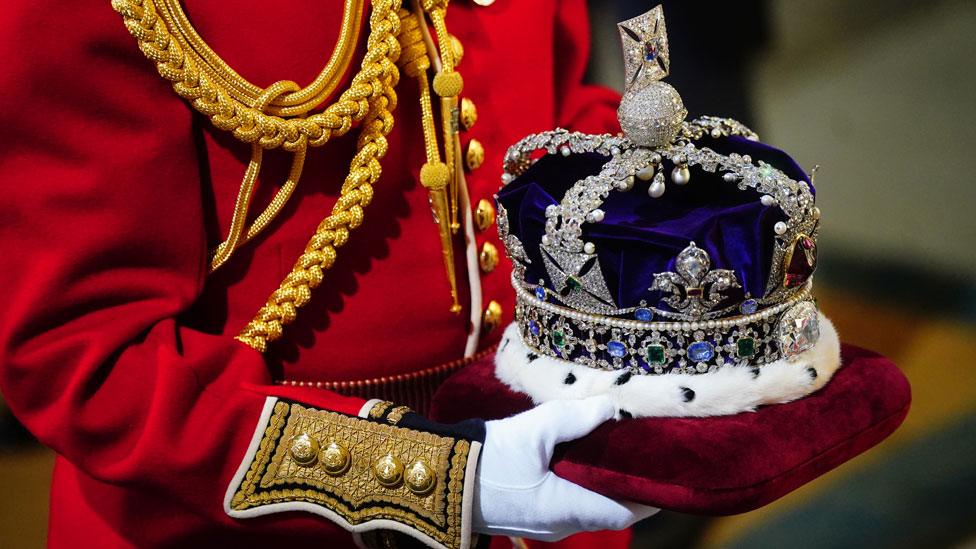Queen's Speech - Things can only get tougher
- Published
Appearances can be deceptive.
It may be Her Majesty that travels from the Palace to Parliament to deliver it.
It may be accompanied by the finery and flummery of a great State occasion.
It may be called the Queen's Speech but it is, of course, not really her's at all, but the Prime Minister's.
What's more, it is a speech which until the morning after the election before, he and his advisers never expected to hear delivered since they did not expect there to be a Conservative majority government.
Palace advisers will have done their best to ensure that the words which emerge from the Queen's lips don't sound like a Tory election broadcast. It will have been a struggle as Downing Street is behaving as if the campaign never ended.
Ministers are being sent onto the airwaves to parrot a string of sound bites about a "One Nation government" helping "working people" and creating "a country of security and opportunity for all at every stage in life".
Promises to cut tax, increase the number of apprentices and deliver more child care is what they want to talk about.
Their aim is clear. It is to exploit to the full the fact that for a very short time they have the political stage entirely to themselves. Their main opponents are distracted and in disarray.
Their own party is exhilarated by their surprise victory and have still not unlearnt the habit of discipline which served them well in the run up to polling day. Newly elected MPs can't vote on anything for a few days and many are still finding their new desks.
So, Team Cameron have a few days, maybe weeks, perhaps even months to sell positive messages before real world intrudes.
Don't imagine for a second, though, that this can last. Intrude the real world will… and soon. Indeed, the first signs are that it already is.
The decision not to table a Bill to scrap Labour's Human Rights Act and strengthen the role of the British courts against the European Court of Human Rights in Strasbourg tells you all you need to know.
It combines all David Cameron's real world problems - his party and the Tory press's "obsession" with Europe (his word not mine); a tiny Commons majority of just a dozen; a House of Lords which has an anti-government majority and a newly resurgent SNP.
It's not just this Tory manifesto that promised to sort out the oft repeated complaint that "human rights has gone mad". It's not just this Tory leader who set up a group of eminent lawyers to find a way to do it.
The Sun today screams "Their rights or yours?" over pictures of a "killer, rapist, paedo rapist and terrorist" and ordinary members of the public. The Mail attacks the "Folly of human rights luvvies" but they can huff and puff all they like.
The Conservatives have been trying for over a decade and never found a way forward that is agreed by all in their own party let alone by the legal community. That means the prime minister simply does not have a plan he can get through Parliament which won't be brought down by a Tory backbench revolt, Lords opposition fuelled by protests from, yes, luvvies but also many others outside.
Last year I reported on how the government's own top legal adviser, the then Attorney general Dominic Grieve, had dug his heels in. Grieve was opposing a plan by a group of Conservative lawyers. It proposes a new law which would assert that Parliament and not the European Court of Human Rights was the supreme body.
Their report predicts that a so-called British Bill of Rights would either force changes in the way the Strasbourg court works or trigger a crisis which could lead to the UK's expulsion from the international body which set up the court and which Britain helped to found - the Council of Europe.
Grieve warned his colleagues that it was a plan for "a legal car crash" albeit one with "a built-in time delay".
He argued that promising to stay in the European Convention of Human Rights whilst refusing to recognise the court's rulings was "incoherent".
So, remember today that appearances really can be deceptive. This is David Cameron's day. His speech. His moment to savour victory, but he is going to find very very soon that it only gets harder from now on.
- Published27 May 2015
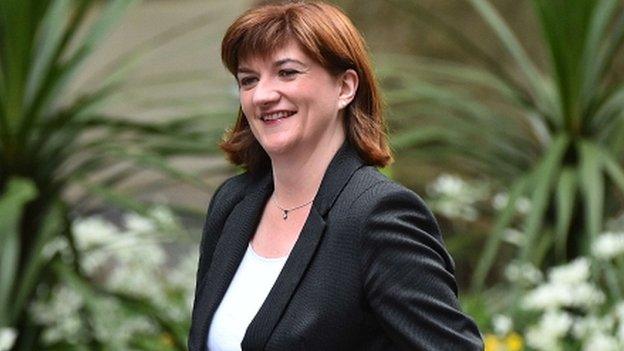
- Published27 May 2015
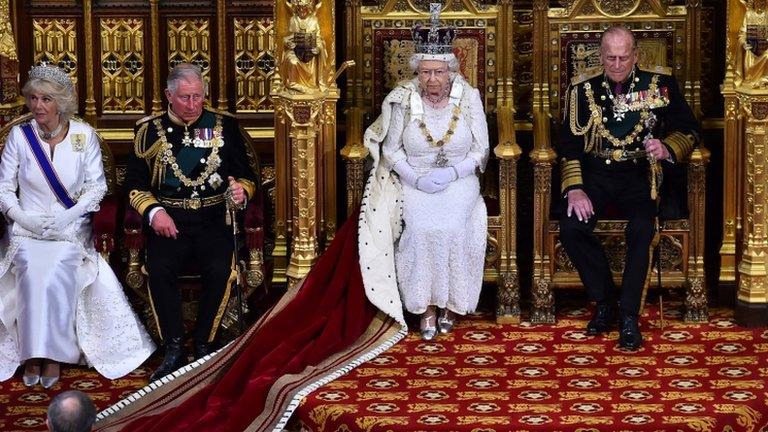
- Published26 May 2015
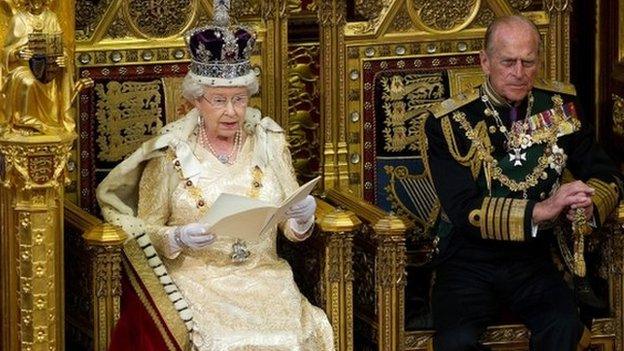
- Published26 May 2015
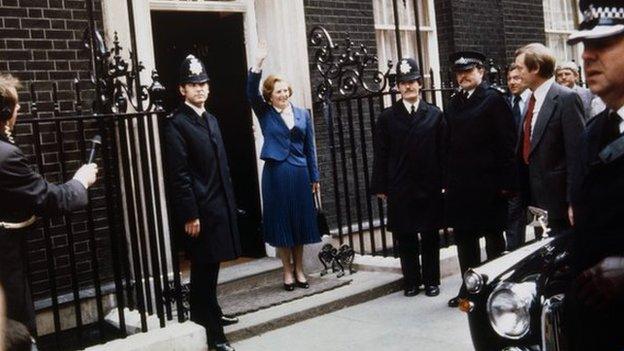
- Published17 July 2024
